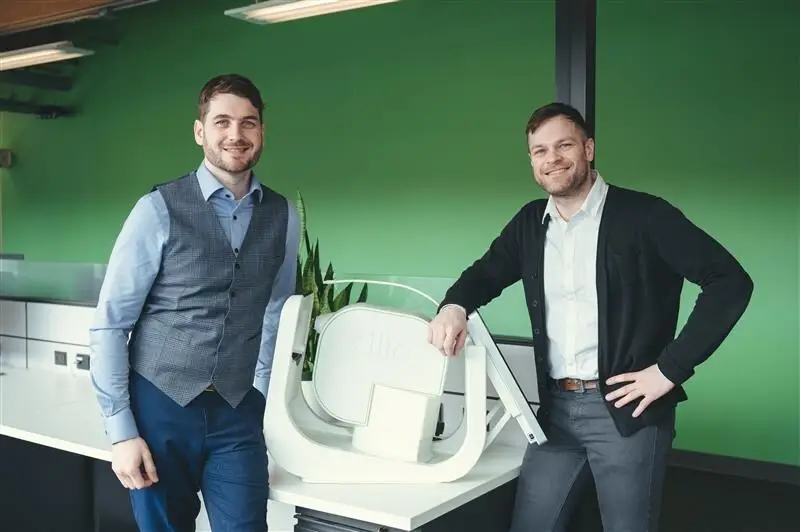Oxford Nanopore Technologies plc (Oxford Nanopore), the nanopore-sequencing company delivering unparalleled rich genomic data insights, and Fabric Genomics, the leading AI-driven analysis and interpretation software provider, today announced a new collaboration to develop a scalable software solution for the end-to-end analysis and clinical reporting of rich genomic data.
It is estimated that roughly 2.8 million children in the US reported a rare genetic disorder, according to data from the National Survey of Children’s Health. The joint solution, which will be commercially available for deployment in CLIA/CAP labs, will support use of nanopore sequencing in neonatal/paediatric intensive care units, bringing the benefits of richer data and faster insights to support rapid disease characterisation of babies and children with genetic disorders in acute settings.
“For this incredibly high-risk patient population, speed and data-rich insights matter,” said Gordon Sanghera, PhD, CEO of Oxford Nanopore Technologies. “We are excited to team up with Fabric Genomics to develop an end-to-end analysis tool for the clinical reporting of nanopore sequencing data in paediatric care settings that will make it easier for healthcare providers to leverage genetic insights and, in the future, support the health and wellbeing of children and families.”
The end-to-end workflow from sample to answer with push-button integration between Fabric Genomics and Oxford Nanopore will offer a simple solution for interpreting nanopore’s data-rich, any-length reads by integrating Oxford Nanopore EPI2ME™ software with Fabric’s software-as-a-service platform to provide analysis and clinical reporting. Clinicians and healthcare providers will also be connected to Fabric’s network of clinical geneticists, who will be on hand to help clinicians interpret their dataset. While initially focused on the highest complexity testing for paediatrics in the NICU, the partners expect to launch additional push-button solutions for late onset genetic conditions including cancer and cardiovascular disease at a later stage.
“We’re excited to partner with the fast-driving team at Oxford Nanopore to integrate our AI-driven whole-genome sequence solution with nanopore sequencing and help to accelerate the adoption of that technology in the clinic,” said Martin Reese, PhD, CEO and co-founder of Fabric Genomics. “Oxford Nanopore’s real-time genomic reading technology represents an important opportunity to speed critical analysis of children’s genomes in NICU settings and for all genomic medicine patients.”
The new platform, which is available now to customers on a limited basis and will be widely available in Q1 2024, will be powered by Fabric GEM, a novel artificial intelligence algorithm, to help healthcare providers sort through thousands of structural variants and potential pathogenic mutations and prioritise a short list of areas of interest, saving time and reducing costs.
Fabric Genomics has been working with NICU patients through its long-standing collaboration and partnership with Rady Children’s Institute for Genomic Medicine to accelerate the diagnosis of rare genetic diseases. Fabric Genomics and Rady Children’s Institute for Genomic Medicine have published results showing Fabric AI GEM to predict causative variants in genomes from previously diagnosed newborns and rare disease patients.
American Society for Human Genetics Annual Meeting Nov 2-4
Fabric Genomics and Oxford Nanopore will present initial results of their collaboration at the American Society for Human Genetics Annual Meeting in Washington D.C., including a presentation by Kamran Shazand, PhD, the Director of the Genomics Institute at Shriners Children’s Hospital. The CoLab session will be on Thursday, Nov 2nd at 4:30 p.m. ET. In addition, the partners will launch early customer availability at the meeting and showcase a workflow integration at Fabric Genomic’s booth #1215 on Friday November 3rd at 1 p.m. ET.

